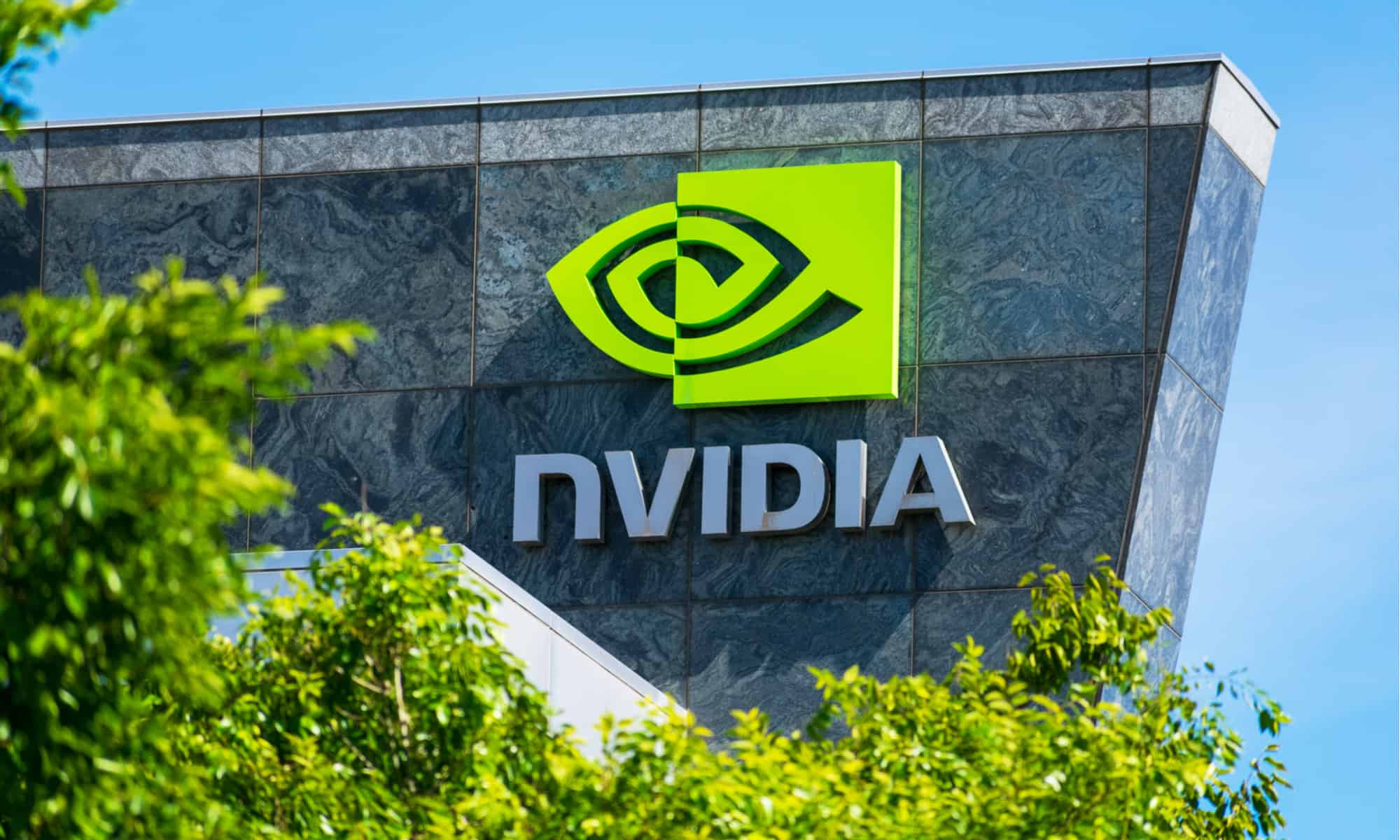Nvidia has announced a delay in the launch of its highly anticipated next-generation AI chip, a move that has sparked concern among investors and raised warnings about potential market bubbles.
The tech giant had initially planned to release the new chip, which promises significant advancements in artificial intelligence performance, later this year. However, Nvidia revealed that technical challenges and development setbacks will push the release date back to early 2025. This delay comes as a blow to the tech sector, where the chip was expected to set new standards in AI capabilities.
In response to the announcement, investors have expressed growing apprehension about the broader implications for the AI and semiconductor markets. Some analysts are cautioning that the delay could exacerbate current market volatility and fuel speculation of an emerging bubble. “The postponement underscores the volatility inherent in the tech sector and raises questions about the sustainability of current valuations,” said David Klein, an investment analyst at Quantum Research.
The anticipated AI chip was designed to offer unprecedented performance enhancements, driving advancements across various sectors, including data centers, autonomous vehicles, and high-performance computing. Nvidia’s decision to delay the launch could impact companies that rely on cutting-edge AI technology for their products and services.
Nvidia’s stock experienced a noticeable decline following the announcement, reflecting investor unease and heightened scrutiny of the company’s roadmap. Despite the setback, Nvidia remains optimistic about overcoming the development hurdles and delivering a product that will reshape the AI landscape.
The delay also comes amid a broader discussion about the tech industry’s rapid growth and potential overvaluation. As the AI market continues to expand, concerns about market stability and the risk of speculative bubbles have become more pronounced. Industry experts are urging stakeholders to carefully consider the long-term implications of such delays and the potential impact on investment strategies.
Nvidia has pledged to provide further updates on the development progress and revised timeline. The company’s focus remains on ensuring that the next-generation chip meets its high-performance standards before its eventual release.
As the tech world watches closely, the situation highlights the ongoing challenges and uncertainties within the fast-evolving AI sector. Investors and industry observers alike will be keenly monitoring Nvidia’s progress and the broader market’s response in the coming months.

 Business3 days ago
Business3 days ago
 Business3 days ago
Business3 days ago
 Business7 days ago
Business7 days ago
 Business7 days ago
Business7 days ago
 Business6 days ago
Business6 days ago
 Business7 days ago
Business7 days ago
 Business6 days ago
Business6 days ago
 Business1 week ago
Business1 week ago

























